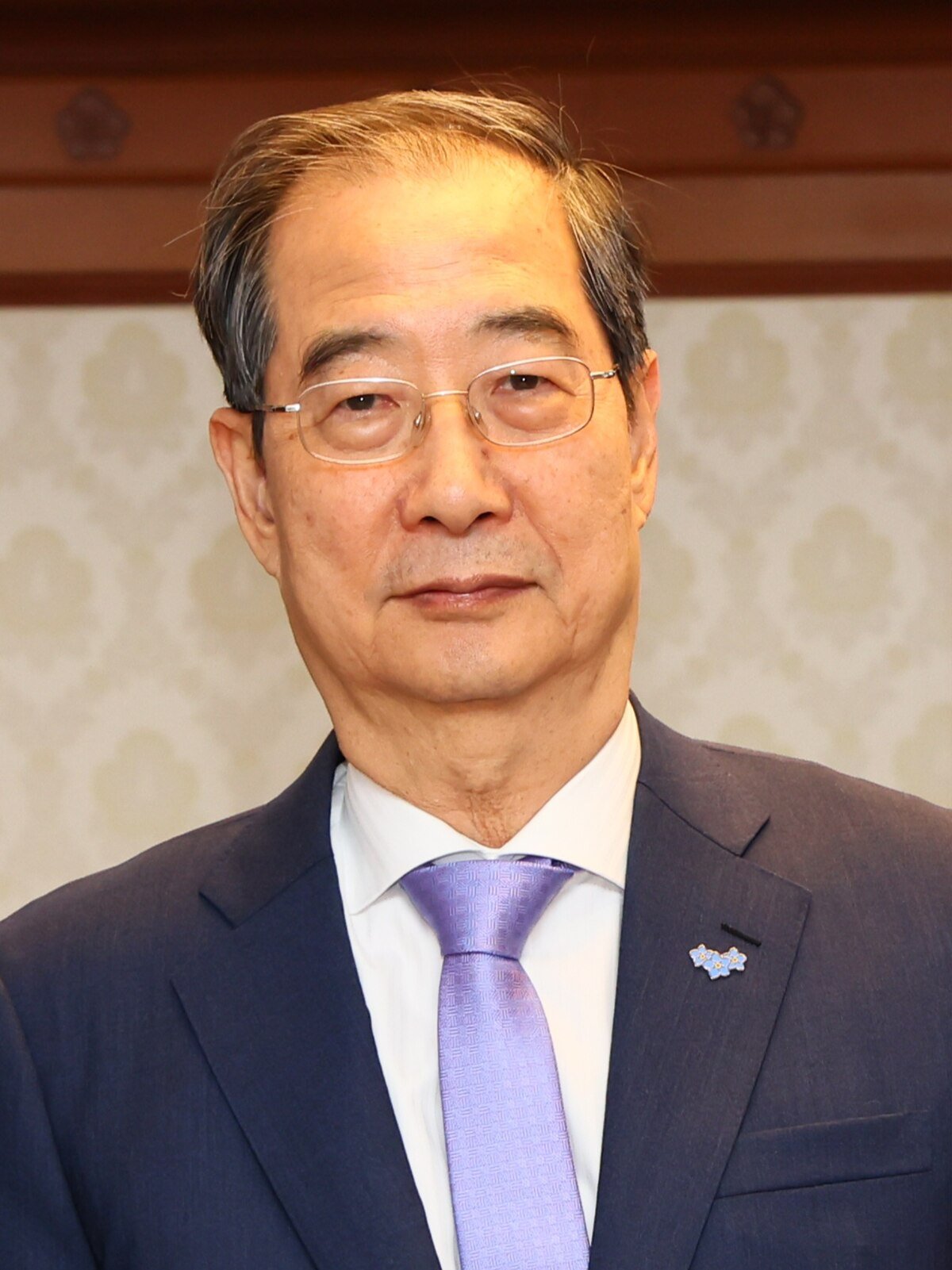
Korean messenger and app giant Kakao is facing growing doubts about its efforts to revamp its governance and business structure, as prosecutors have set their sights on Kim Beom-su, the company’s founder who has been deeply involved in the operations and investments of numerous Kakao affiliates.
At a meeting with Kakao affiliate leaders, Thursday, Kim emphasized the need to “overhaul Kakao’s governance to meet public expectations” and stated that the charges against him are “not true.”
His remarks came a day after the Seoul Southern District Prosecutor’s Office filed for an arrest warrant against Kim alleging that he violated financial laws in the process of Kakao’s takeover of a stake in K-pop agency SM Entertainment last year.
Prosecutors suspect Kim’s involvement in an alleged scheme where leaders of Kakao affiliates are accused of manipulating SM’s stock prices to a certain level to interfere with bidding competitions involving Hybe, the parent company of BigHit, the management agency for BTS.
“Since I did not order or condoned any illegalities, the truth will come to light,” Kim said during the meeting.
Kakao said the meeting was organized because the CEOs of affiliates “agreed on the necessity of exploring measures to address the current situation, in which Kim’s legal risk may affect the whole group.”

Cooling facilities of Kakao’s data center in Ansan, Gyeonggi Province / Courtesy of Kakao
Whether Kim will be arrested or not will be determined on July 22 by Judge Han Jung-seok of the Seoul Southern District Court. He is known for granting an arrest warrant against Samsung Electronics Executive Chairman Lee Jae-yong for his involvement in former President Park Geun-hye’s corruption scandal in 2017.
Prosecutors sought an arrest warrant against Kim just eight days after the Kakao founder was summoned for further investigation over the allegation. Compared to other corporate cases, the prosecution is moving swiftly against Kim, prompting industry officials to say, “This symbolizes Kakao’s ill-fated relations with the prosecution and the Yoon Suk Yeol administration.”
Kakao has been making efforts to revamp its corporate governance since December last year, after being criticized for its business practices.
In 2022, a fire at a data center caused significant disruptions to Kakao Talk, the company’s flagship messenger service, revealing a serious lack of proper backup systems despite Kakao’s dominant position in the domestic mobile messenger market.
After the incident, criticism mounted over Kakao’s aggressive expansion into business domains meant for small enterprises, attempts to list its businesses after splitting them into separate smaller companies and other immoral behaviors by executives.

A senior official of Korea’s Fair Trade Commission announces a 25.7 billion won of fines to Kakao Mobility for rigging its taxi-hailing algorithm during a press briefing at the watchdog’s headquarters in Sejong, Feb. 14, 2023. Newsis
The president slammed Kakao for being an “immoral” company in November last year, following complaints from taxi drivers who accused Kakao Mobility of charging excessive commissions due to its dominance in the taxi-hailing sector. Yoon’s remarks bolstered the confidence and momentum of investigative authorities and antitrust watchdogs in their probes into Kakao companies.
After Kakao’s Chief Investment Officer Bae Jae-hyun was indicted on charges of stock price rigging in November last year, the Kakao founder established the Corporate Alignment council and assumed the chairmanship in order to spearhead governance restructuring at Kakao companies and their belated entry into artificial intelligence (AI) competition.
Those efforts, however, have not been very successful so far.
Kakao has been reiterating its intention to reveal its own AI model, KoGPT 2.0, since the first half of last year, but has yet to do so after over a year. Instead, the company is now focusing on AI-based services.
Kakao CEO Chung Shin-a said in May that “the company will reveal a distinguishable AI service within this year,” but the company has not dropped any hints at what kind of service it would be.
Kakao Talk is once again experiencing service disruptions. The company announced on Thursday that the PC version of the Kakao Talk messenger was inaccessible from morning to afternoon due to network errors. This issue follows a recent demand from the country’s ICT ministry for a report on consecutive disruptions in May.
Kakao’s affiliates also face uncertainties.
In December last year, Kakao’s fintech subsidiary, Kakao Pay, failed to complete its acquisition of a controlling stake in a U.S. American brokerage Siebert apparently due to the stock rigging allegation. Similarly, in the same month, Kakao Mobility’s attempt to acquire FreeNow, Europe’s largest taxi-hailing platform, also encountered a deadlock.
Given Kim is virtually serving as the decision maker for Kakao companies’ restructuring and new investments, those efforts may come to a halt in the event of Kim’s arrest.
If Kakao is sentenced with fines or higher punishments for the stock rigging case, the company may also have to unload its stake in Kakao Bank, which has been a stable cash source.

Logo of Kakao Bank / Courtesy of Kakao Bank
Korea’s laws on internet-only banks stipulate that a non-financial company can retain its largest stakeholder status in an internet-only bank only when it has no history of facing fines or higher punishments for financial crimes for the past five years.
Kakao now holds a controlling 27.17 percent stake in Kakao Bank. If Kakao loses its status, it has to reduce its stake to 10 percent.
Analysts are also casting gloomy outlooks on Kakao’s rebound, irrespective of founder Kim’s legal risks.
“With improvements in Kakao’s own profitability becoming difficult, its key subsidiaries are showing sluggish improvements in their profit, delaying Kakao’s rebound,” SK Securities analyst Nam Hyo-ji said, who lowered the brokerage’s price target for Kakao to 62,000 won ($49) from 78,000 won.






